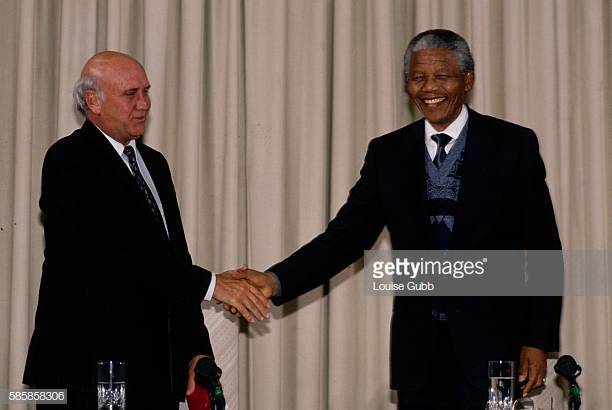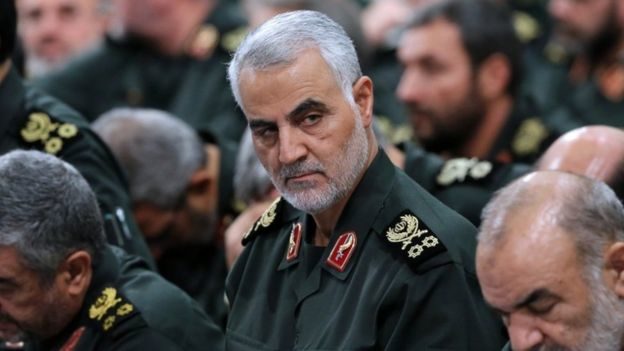Without fail, American pundits and pols, especially Con Inc., apply to COVID the same theories of culpability that have undergirded U.S. invasions of backward people in the Middle East: It’s the Chinese government, not the people. Free the Chinese and they’ll show their Jeffersonian propensities and their capacity for enlightened self-interest (not to mention a cuisine less craven and cruel).
What I wrote in 2006 about Iraqis applies in spades to the Chinese and their culpability for COVID (I’ve substituted Iraq with China):
“The government of [China] doesn’t stand apart from the governed; it reflects them.”—ILANA (November 6, 2006)
We’re accustomed to the Dysnified depiction of neocons or neoliberals intent on interventions that damage America. Accordingly, a noble Chinese people, a freedom-loving civilized nation, was set up by their scheming government.
Look, the Chinese government is no good, but the people get the government they deserve. My guess is that, if anything, the Chinese government here is likely covering for the people’s despicable habits. These caused previous epidemics and have brought us the coronavirus.
Here are the excellent points published in my friend Christopher DeGroot’s journal, The Agonist:
Rightists were happy making bat eating jokes and mocking the “filthy” Chinese back when Covid was an Asian problem. But now that it’s become an epochal event, only the grandest of explanations will suffice. Surely Covid was cooked up in a commie mad scientist’s lab, or perhaps in the lair of a genocidal James Bond villain like Ernst Blofeld or Hugo Drax. But a bunch of common Chinese selling wild animals in a stinking, filthy market slum? A bunch of scummy gluttons who take pride in the fact that they’ll eat anything that moves, and they’ll eat it raw? These people ravaged the world, just by eating animal testicles and anuses? No way, man. Next you’ll tell me that the entire course of history was nearly altered by a college dropout failed songwriter who wanted to impress a dyke actress.
* Image: Asia’s Busiest Wet Markets Courtesy Jo-Anne McArthur
UPDATE (4/18): RNA doesn’t lie. Dr Fauci rejects claim that disease escaped lab.
Dr Fauci also rejected a conspiracy theory that the coronavirus was created in a Chinese lab.
The precise origins of the novel coronavirus are still unknown, leading some to question whether it was developed by scientists in a lab.
However, Dr Fauci said studies of the virus’ genome have strongly indicated that it was transmitted from an animal to a human.
While speaking at the daily White House press briefing Dr Fauci was asked if COVID-19 was “man-made” and may have originated in a laboratory.
He said a study by a group of evolutionary virologists examined the genome sequences of the coronavirus and other bat viruses that evolved.
Dr Fauci said: “The mutations that took to get where it is now is totally consistent with a jump from a species to an animal to a human,” he said.
However there are some in the Trump administration, including the president, who are investigating the claims.




